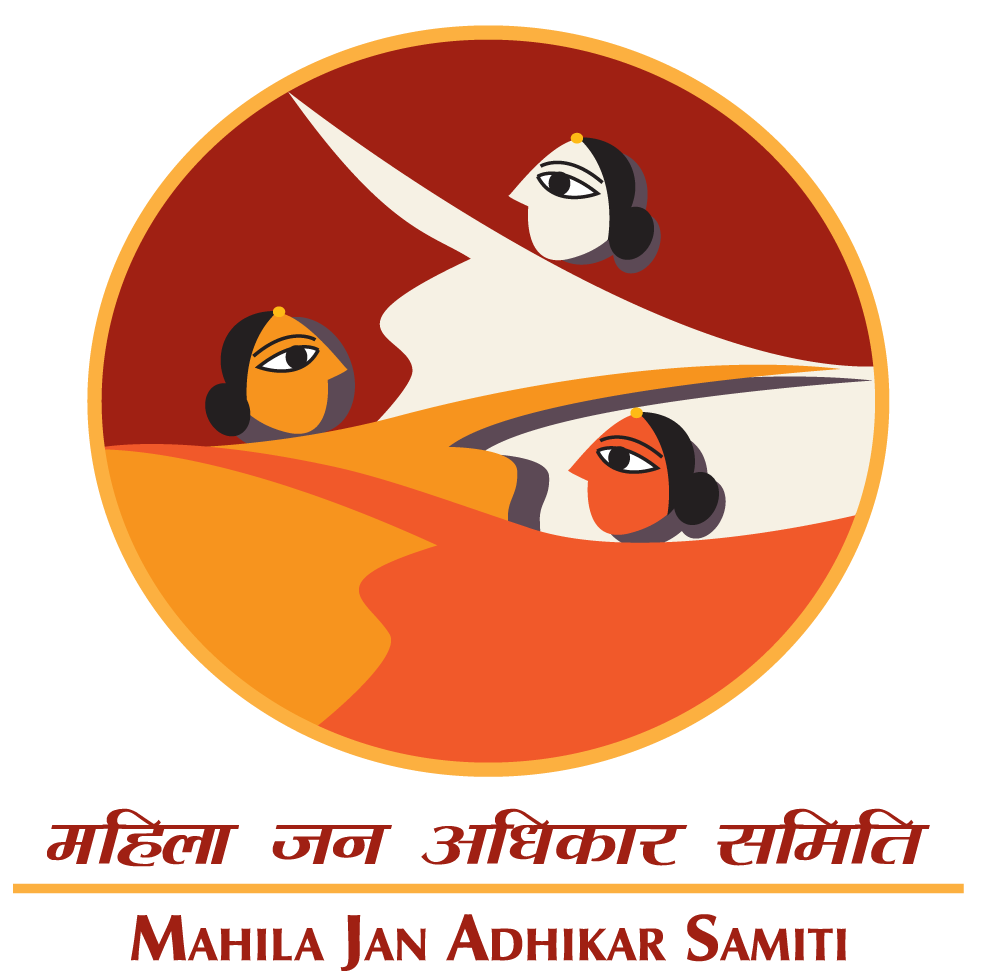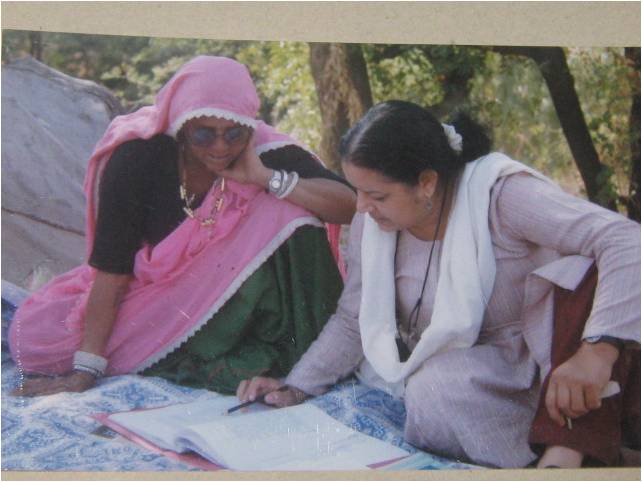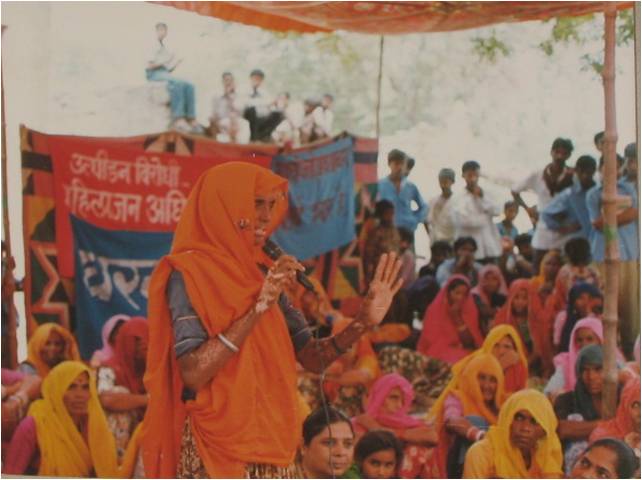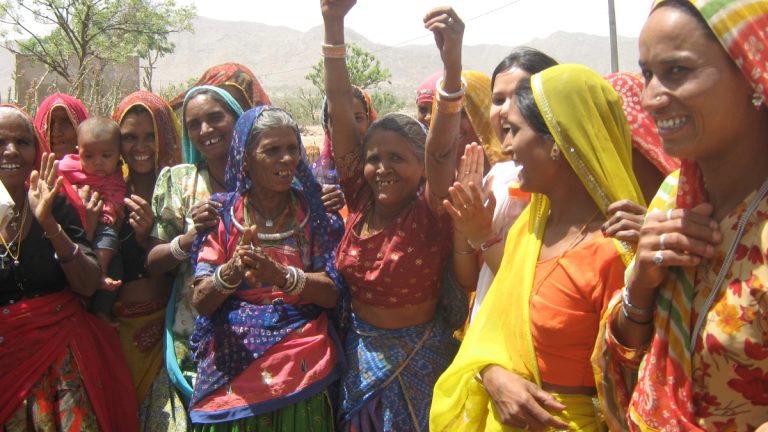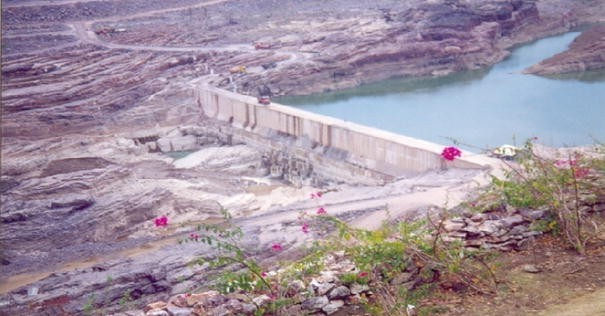
The Beginning of OurStory
Our journey started in early 1990’s when due to the Bisalpur Dam construction, 63 villages were being wiped out and the people came together to claim compensation for their property, places of study and worship. Due to the lack of a proper policy or any proper directive for compensation for the displaced families, it was seen that village women were impacted the most due to this transition.
As a team of like-minded activists that got together to help the displaced, it was seen that there were many grassroots-level issues that went largely unaddressed. There were many cases of sexual violence and injustice against women that came out but saw justice. The case of Dhapu Bai of Utharna village was one of the first to surface at that time.
Moreover, the practices in the village like nata pratha, aata saata and daakan (witch hunting) were largely becoming weapons to exploit women further and were used to restrict women from claiming work or property. Furthermore, caste issues and dynamics also made women soft targets for unleashing anger and violence. All these factors led to the idea of creating a platform where rural women could come together and voice their issues.
In 1995, the Panchayati Raj system saw the introduction of 33% reservation for women. The progressive move bore its impact with appointments of mere ceremonial women heads whereas the policies and finances would still be handled by the men. This particularly came out in the case of Chaggi Bai of Rasoolpura village. Women sarpanchs were being trapped in false cases of money laundering and were not given any rights. Moreover, they were further sidelined on grounds of caste by upper caste men.
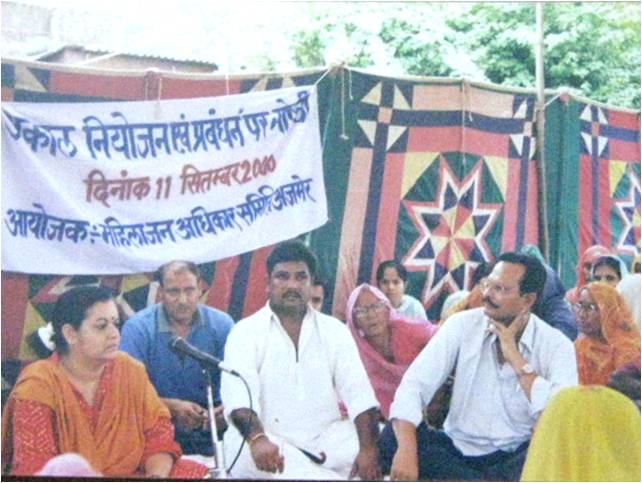
The Formation of MJAS
A Jan Sunvaai (public meeting) in Ajmer was thus held to address the massive problems and in the year 2000, Mahila Jan Adhikar Samiti came together as a structured organisation dedicated to address issues faced by rural women and to ensure their rights were secured.
